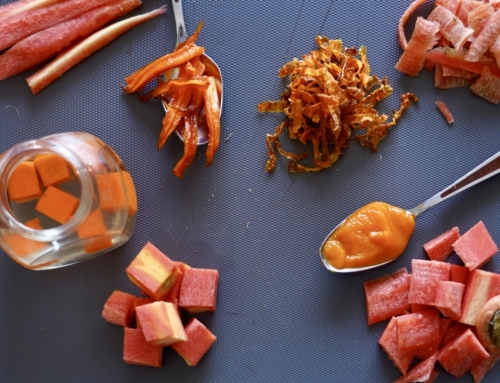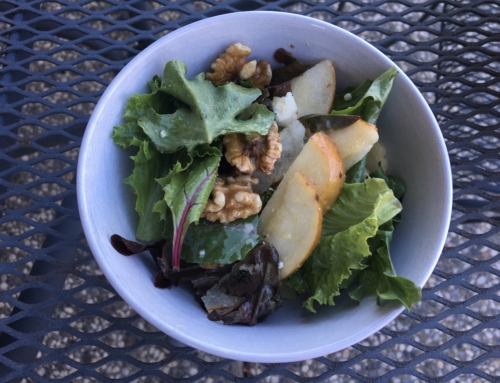Bees, among other insects, are of great utility to our living environment. They are essential for the reproduction of many plants, as they pollinate their way through the day. Although we are becoming increasingly aware of how important these little workers are to the balance of our ecosystem, not many of us who know how to attract bees to your balcony, take action to protect them and help them in their quest of pollination.
Myth busting: You don’t have to have a large garden or live in the countryside to help balance our ecosystem.
Bees seem to thrive in cities – the chances of them being exposed to pesticides is lower in cities. There is also a greater diversity of plants and trees in a city environment. Here’s how you can take action:
How to Attract Bees to your Balcony

Adding a little greenery to your windowsill, balcony or terrace isn’t only of aesthetic value. If you put pollinator friendly plants on you limited open-air city-space, you can attract bees. Choose plants that:
- Do well in containers and can tolerate shallow growing conditions. Try to fit containers that are as large as possible.
- Are adapted to growing at heights .
- Are rather low than very high.
- Have colourful flowers. Bees like blue, purple, violet and white best.
If you live at the very top floor of a high-rise building, attracting bees can be hard. Although bees are very good at communicating where the best forage can be found, they are unable to tell the difference in altitude to their teammates. Therefore, if you’re high up, chances will be lower that they find your elaborate foraging spot.
Urban Beekeeping

If you want to step up your game and feel committed to putting some time and effort to save the bees, you can become an urban beekeeper. It is advised to get yourself informed about the regulations of your city and get trained on how to manage a beehive within the city environment. Here’s some options for training we’ve come across: New York, Amsterdam, Barcelona, Nijlen (Belgium). Since we are part of the city environment, we have more neighbours and it is important to be considerate about them as well.
Written by Elise Coudré and edited by Jashan Sippy.
We work with ethical honey producers and source local honey for our partner events and experiences.
Let’s grab a (virtual) spoonful of honey and discuss how we can work with you. Contact us.








Leave A Comment